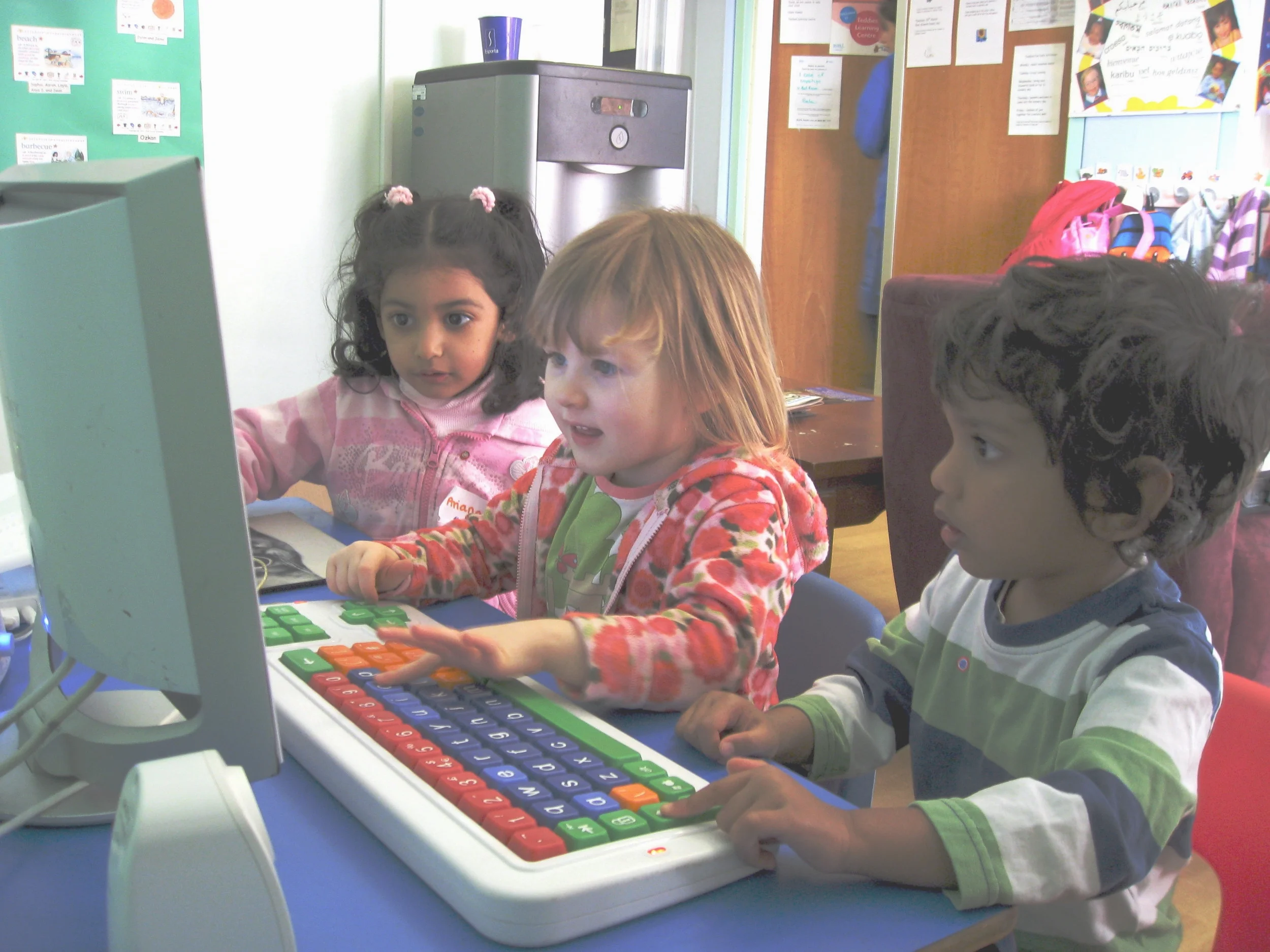Over time, restorative justice evolved from a focus on responding to harm and conflict to a focus on building a healthy school culture. A restorative school culture recognizes that people and their relationships with each other form the cornerstone of both safety and learning. Advocates for this approach argue that by practicing restorative justice, educators can reduce the domino effect between suspension and incarceration (interrupting the school-to-prison pipeline), and foster a more inclusive school climate …
School-to-Prison Pipeline
The School-to-Prison Pipeline (STPP) is a metaphor that describes the growing trajectory for students from their schools into the juvenile or adult criminal justice system. Research exploring the relationship between perceived negative school experiences and subsequent justice system involvement finds significant associations that reveal the student populations most at risk for falling into this pipeline, with the majority demographic being our Black youth …
Reforming School Discipline for a Better Learning Environment
How a school disciplines their students is just as crucial a part of the curriculum as the subjects being taught in the classroom. Let’s delve into the intricate landscape of school discipline, exploring various approaches and their implications. This report seeks to approach school discipline from diverse angles, shedding light on the current state of affairs, policy developments, and their impact on students. By synthesizing our findings, we aim to better understand the most effective strategies to enhance learning environments and reduce student misbehaviors …
Benefits of After-school for Low-income Students
This report began with an objective to gain a comprehensive understanding of the academic, behavioral, and social-emotional effects of after-school programs for K-12 students of low socioeconomic status. The research gathered four main themes as reoccurring consensus concluded that student participation in after-school programs is largely associated with better behavior in school, better grades, better emotional adjustment, and better peer relations than students that don’t participate in after-school programs …
Implementing Social Justice in the Classroom
In 2020 we’ve seen racial tension comparable to the 1960’s Civil Rights Movement, with all the ugly stuff it involved; including police brutality, widespread riots, and modern-day lynchings. To deny that racism exists today is to turn a blind eye on a large systemic and communal problem. As educators and advocates for equality, the fight for the rights of our black students and the greater minority community is far from over …
Changing Sex Ed: Comprehensive Sexuality Education
A relatively new phrase “comprehensive sexuality education” has been coined to describe “age appropriate, medically accurate information on a broad set of topics related to sexuality.” The long term outcomes of receiving such an education are what both parents and educators want for their children: higher academic achievement, reduced risk-taking, and healthy relationships. What does this type of education include? …
Personalized Learning Playlists
With hopes to make the classroom experience more personalized for each student, many teachers have already began using this innovative and adaptable tool. First, think of the personalized learning playlist as a road-map for your students in their learning process, an outline for the lessons and assignments ahead. This road-map may allow 'different routes', chosen by the student, the teacher, or partially both. …
¿Hablas Ingles? English as a Second Language
The first day of school can be tough. A new classroom, teacher and classmates can be a bit intimidating. But have you ever thought about the kids who don’t speak English as their first language? Imagine your first day at school as a non-native English speaker. Not only do you have to keep up with the schoolwork, but you also have to understand the language. Many students in the U.S. experience this on a daily basis. …
Coding In The Classroom
Public Schools vs. Charter Schools
A sort of epic teaching battle for who can produce the best students. Charter schools have become the modern rival of public schools. The conversation has turned even uglier as Teachers Unions take charge and outright defame charter schools, with efforts to remove these entities from particular states all together. I think it’s time we call for some peace. …
Unfair School Funding
In the U.S. school funding comes from a combination of three main sources. This balance varies from state to state, but on average it rounds to about 10% federal money, 45% from the state, and 45% local property taxes. The leading cause for our wide variation of poor and well education across school districts is our latter contributor, property taxes. Property values vary tremendously from neighborhood to neighborhood, district to district; and with them, tax revenues range far and wide just as well. …
Unfair Funding - Part 2
Unfair Funding - Part 3
The problem is clearly staring us all in the eye, but lawmakers refuse to see education as an importance that requires equal protections and funding. In 1973, San Antonio Independent School District vs. Rodriguez made it to the U.S. Supreme Court. The plaintiff, Demetrio P. Rodriguez, argued that any school funding system that depends on local property tax revenue is fundamentally unfair to poorer districts. Rodriguez’s sons attended an elementary school where the third floor had been condemned. It lacked books and many of the teachers weren’t certified. …
















